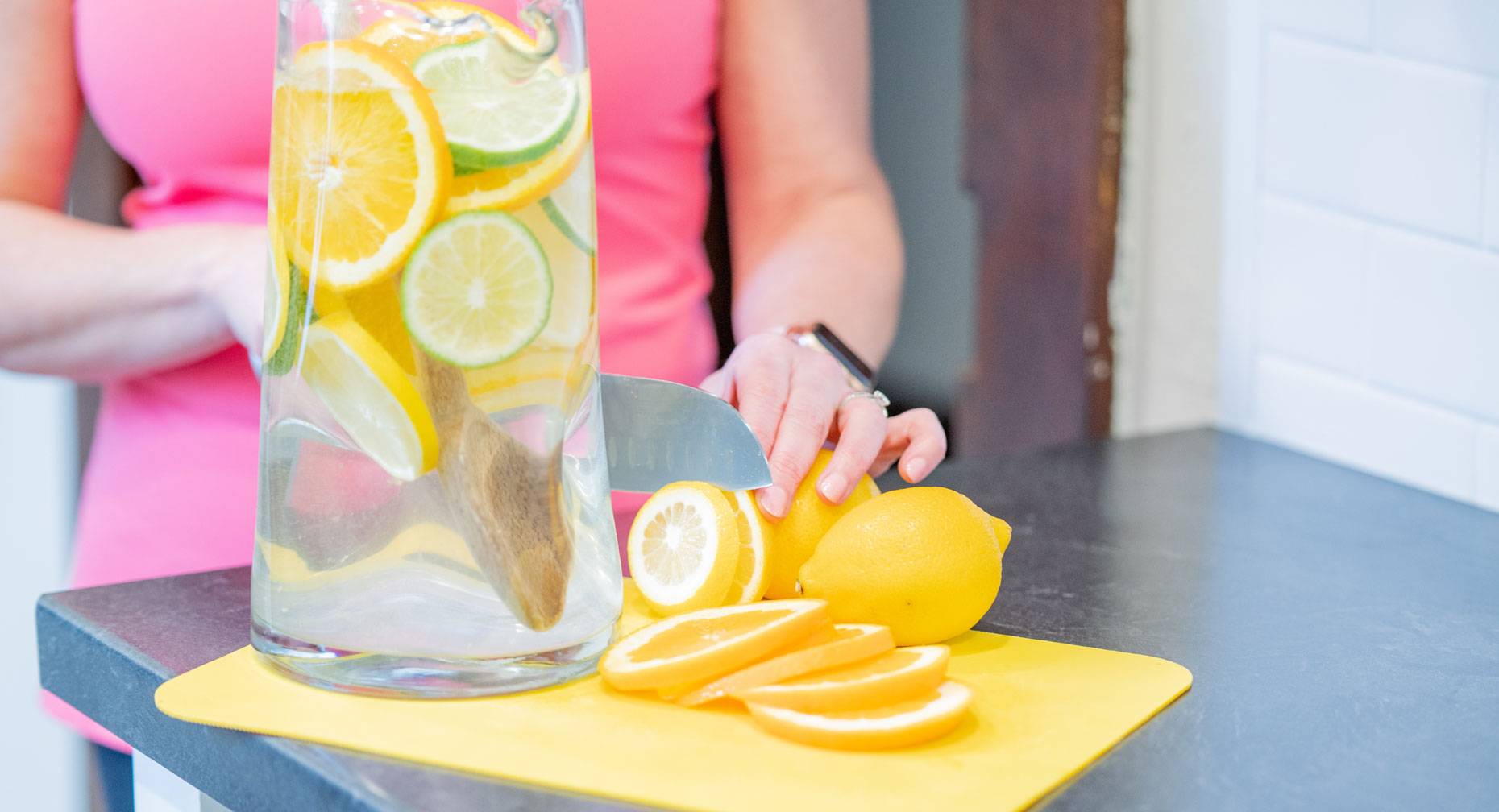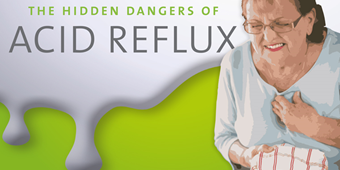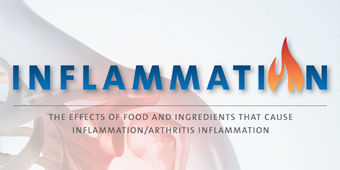Kidney Stone Pain? Changing Your Diet Can Help

Find Your Perfect Match
Answer a few questions and we'll provide you with a list of primary care providers that best fit your needs.
Kidney stones are unforgettable — and not in a good way. If you’ve ever experienced one, the pain can be intense, easing only when the stone passes. And unless you take preventive measures, you may suffer another.
But avoiding kidney stones doesn’t have to be complicated. By drinking plenty of water and knowing what to eat, you can eliminate the conditions that lead to their formation.
Cut Kidney Stone Risk by Watching What You Eat
Acidic foods and large meals play a role in raising kidney stone risk, as does an increase in obesity. Although once a condition attributed to adults, it’s not uncommon for teens to develop kidney stones today.
It’s also what you eat, and not just how much, that raises your risk. If you have kidney stones, you may need to follow a special diet. Your health care provider will run tests to find out the type of stones you have, to help determine diet changes that may be right for you.
Depending on your type of kidney stone, you may be able to ward off future stones by limiting foods high in sodium, animal protein, calcium, or oxalate. Consider working with a dietitian who specializes in kidney stone prevention to help you plan meals to stop stones from forming.
Avoiding kidney stones doesn’t have to be complicated. By drinking plenty of water and knowing what to eat, you can eliminate the conditions that lead to their formation.
Kidney Stone Types Affect How You Should Eat
Calcium forms about 80 percent of kidney stones — mostly calcium oxalate and sometimes calcium phosphate. Following is dietary advice for cutting risk of various types of kidney stones:
Calcium Oxalate and Calcium Phosphate Stones
- Drink plenty of water. Most health care professionals recommend drinking six to eight standard 8-ounce cups a day. Water helps dilute the substances in urine that lead to kidney stones.
- Reduce sodium. Your chances of developing kidney stones rise with high sodium consumption. Sodium is a part of salt and lurks in canned, packaged, and fast foods. It’s also found in many condiments, seasonings, and meats.
- Limit animal protein. Eating animal protein can increase the likelihood of developing kidney stones. Your doctor may tell you to limit beef, chicken, pork, eggs, fish, shellfish, milk, cheese, and dairy products. To stay healthy, talk with her about replacing some meat and animal protein with plant-based foods high in protein like beans, dried peas, and lentils.
- Get enough calcium from foods. Despite what you might think, calcium is not the culprit that causes calcium stones. In the digestive tract, calcium can block substances that can cause stones. Ask your health care provider how much calcium you need, and which foods are the best source for you.
Calcium Oxalate Stones. If you’ve had calcium oxalate stones, start by following the steps above. It’s also important to reduce the amount of oxalate in your urine. Oxalate is naturally found in many foods, including fruits and vegetables, nuts and seeds, grains, legumes, and even chocolate and tea. Some foods that contain high levels of oxalate are peanuts, rhubarb, spinach, beets, and sweet potatoes.
Uric Acid Stones. Another common type of kidney stone is a uric acid stone. As with other kidney stones, drinking lots of water is essential. Limit red and organ meats and shellfish and round out your diet with ample fruits and vegetables, whole grains, and low-fat dairy products. Cut back on alcohol and sugar-sweetened foods and drinks, especially those that contain high-fructose corn syrup. If you’re tipping the scales at an unhealthy weight, dropping extra pounds will help if you’ve had uric acid stones.
Cystine Stones. Drinking enough water is the most effective step you can take to combat cystine stones. Water helps dilute the concentration of minerals in your urine. Ask your doctor how much liquid you should drink.
Talk with your health care provider to determine the type of kidney stones you have and follow her diet tips to keep you healthy and pain free.
Find Your Perfect Match
Answer a few questions and we'll provide you with a list of primary care providers that best fit your needs.
Source: National Institute of Diabetes, Digestive and Kidney Diseases; Harvard; National Kidney Foundation




